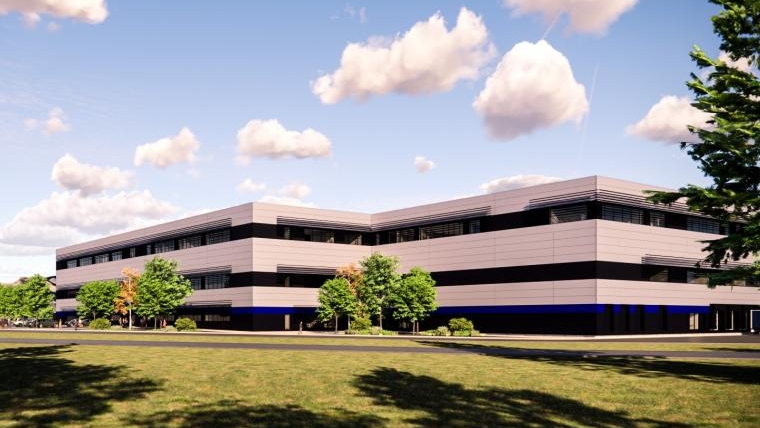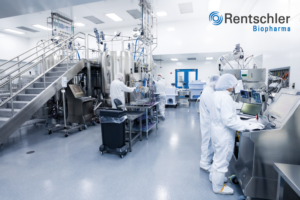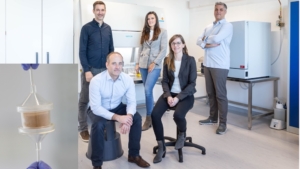
Sandoz breaks ground on US$440m biosimilar facility in Slovenia
Biosimilar major Sandoz has started construction of an additional US$440m biosimilar facility near Ljubljana and it set to expand its investment footprint in Slovenia by US$1.1bn.
Sandoz, the former generics and biosimilars division of Novartis, has commenced construction on a new biosimilar manufacturing plant near Ljubljana, Slovenia, as part of a broader US$1.1bn investment in the country. The new facility, with a capital outlay of US$440m, is expected to be operational by 2028.
Located in Brnik, approximately 24 miles from Ljubljana, the site will focus on the production of sterile injectable biosimilars. It forms part of Sandoz’s long-term strategy to enhance its manufacturing network across Europe and respond to anticipated global demand driven by biosimilar patent expirations, which the company estimates will total US$222bn over the next decade.
According to a company statement issued on 1 July, the Brnik facility will carry out drug product preparation, filling, assembly, packaging, and onsite quality control for Sandoz’s current and future biosimilar portfolio. The new facility will complement Sandoz’s existing operations in Slovenia, including a biosimilar drug substance production centre in Lendava and a biosimilar development centre in Ljubljana. Together, these investments position Slovenia as a key hub in the company’s European manufacturing network. According to Sandoz, the choice of Slovenia was driven by its skilled workforce, central European location, and cost-competitive environment.
With total investments of over US$1.1bn through 2029, Sandoz is now Slovenia’s largest direct foreign investor. The company has stated its intention to establish an “end-to-end leading European biosimilar hub” in the country.
Sandoz launched the world’s first biosimilar in 2006 and has since expanded its portfolio to include biosimilar versions of AbbVie’s Humira, Johnson & Johnson’s Stelara, and Biogen’s Tysabri, among others. Its current pipeline comprises 28 biosimilars and approximately 450 generics, with several additional launches anticipated later this year, including biosimilar versions of Amgen’s bone therapies Prolia and Xgeva. In 2024, the company reported a 9% increase in annual revenue, reaching US$10.4bn.


 Rentschler Biopharma SE
Rentschler Biopharma SE TQ Therapeutics GmbH
TQ Therapeutics GmbH https://www.chimia.ch/chimia/article/view/2025_292
https://www.chimia.ch/chimia/article/view/2025_292